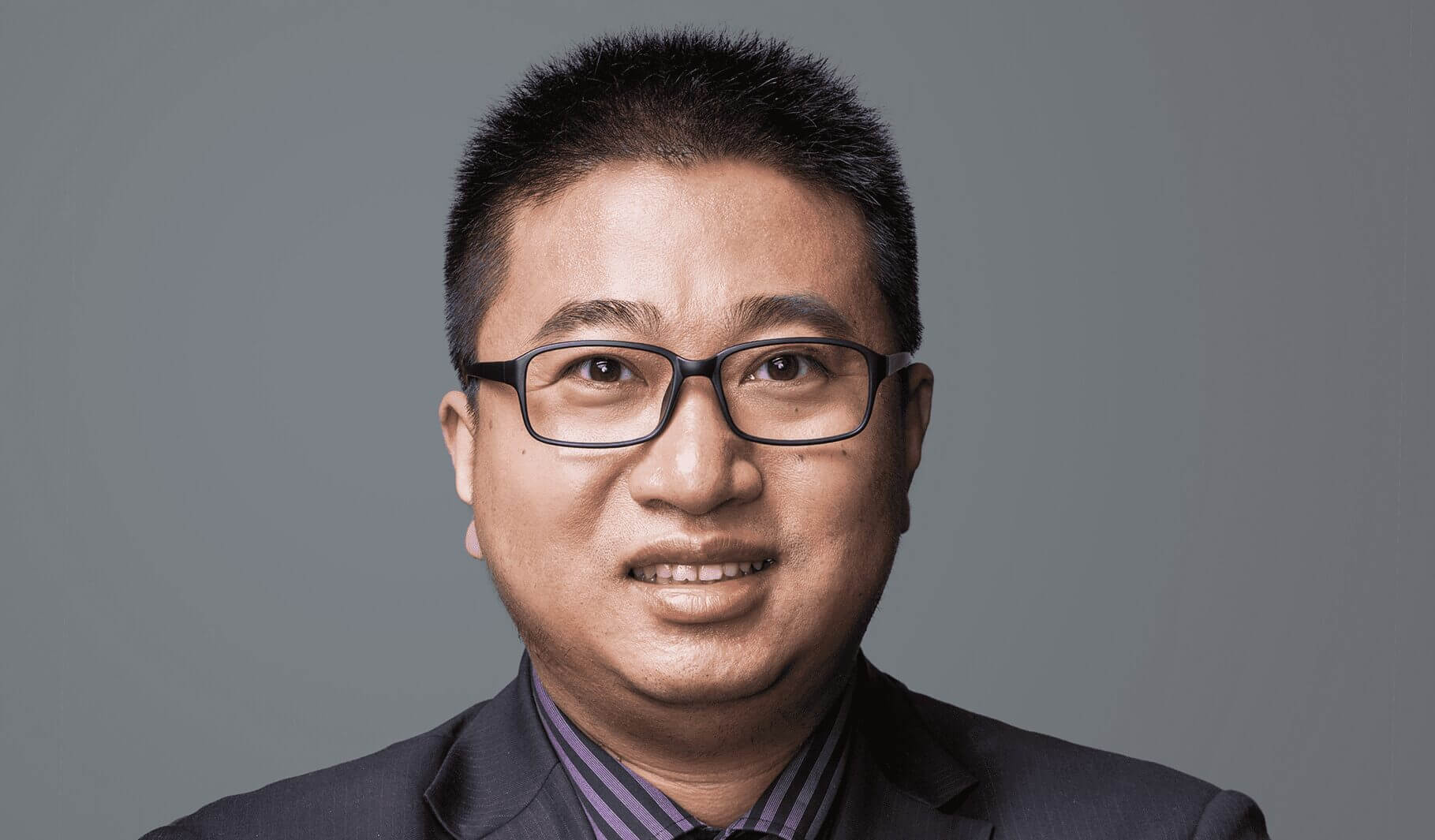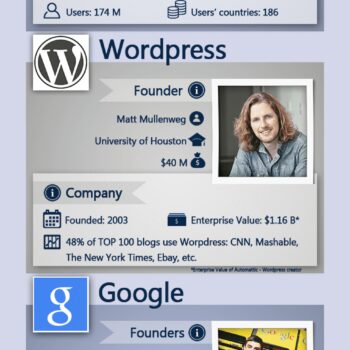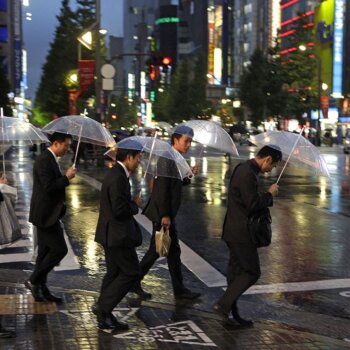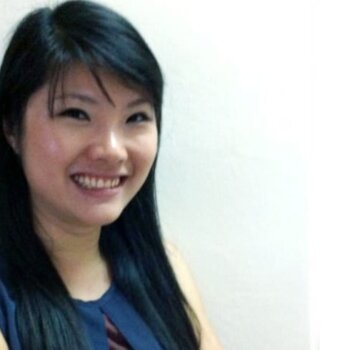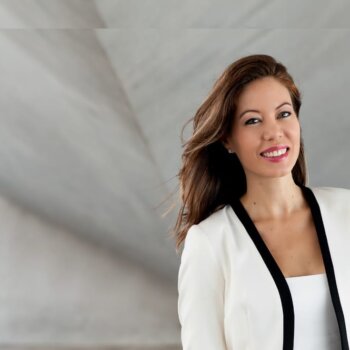Richard Meng is a serial entrepreneur with civil engineering background. From take-out search engine ”waimaiku” to valet parking app “”UBO, Richard is passionate about creating product that improves daily lives. He considers himself within the “Lucky Generation”, a generation of Chinese citizens benefited from the rapid growth of China. Richard was able to get the best education and witnessed amazing changes happened ever year. Although all his partners had oversea experiences, but they all agreed that China is the best place to lead positive changes.
In your own words what is UBO?
UBO frees up customers’ valuable time from parking nightmares.
As our slogan says, “wait less, live more”, UBO is not a parking company but a company that sells time.
How did you come up with the idea of UBO?
In 2008, serendipitously, I bought a parking space for investment, it was around 90000 RMB and I thought the price is underestimated.
Last year, my mother had to stay in hospital for a month, and I was visiting her everyday. Traffics were bad, and it is normal to wait 40-60 mins for a free space in Beijing, and I had to waste lots of time.
The parking space I bought is just 1 km away, and underused, so later I drove there, and then walked back to the hospital to save some time.
It turn out I didn’t save any, coz walking back and forth takes 40 mins, too.
Everyone in the parking nightmare want to spend their time on what matters most, instead of waiting, how about having someone PARKS FOR YOU?
That’s how the idea of UBO came into my mind.
Could you walk us through the process of starting up UBO?
Beijing was reported to have 5.48 million active vehicles trying to fill only 2.76 million registered car parks in 2014. So the demand is out there. But the biggest concern is “Do people dare to give their cars to a strangers?” because valet parking is not common in China. So we think: why don’t we make a demo and test the response?
To overcome the trust barrier, we brainstormed everything that might helps; later they became the SOPs of UBO services:
– Valets should wear body cameras to record the whole process
– Once parked, valets can take a picture of the parked car and notify the owner
– We should record the mileage to ensure no one will drive his or her car for other purpose
– And we should buy insurance for parking events.
Later we take a month to prepare the demo: developing a web app, recruited 10 potential customers, hired and trained 5 drivers. We don’t have time to finish an app for valets, so we use a chat app to get photos and upload them to the server.
After a 2-week trial, 100% of the customer asked, “How much do I need to pay to continue using this service?”
That was the time we think we should definitely go ahead.
Did you encounter any particular difficulties during startup?
Sometimes difficulties are way-finding signs. Valet parking is a new to most Chinese people, so building trust is the most difficult part.
People might not trust a new service, but they trust what their friends told them.
So the only thing we do is keep improving service standards to make it good enough: all valets are suited, wear bigger cameras to imply customers this is a record-along service, the design and technology team try to make every step smoother, provide wet wipes for hospital customers…
As a result, people are more willing to get to know the service and try. They started to take photos, ask questions, and share their experiences on SNS.
That’s how we dealt with trust concerns.
How have you been developing UBO since startup?
We aim to set up different types of service stations in Beijing: hospitals, shopping malls, business areas, airports and train stations, stadiums. Therefore, a customer can enjoy UBO service whenever he/she needed, the UBO app can become a higher-frequency tool for them.
Customers will help us to find developmental direction, too. We found customers start to ask our valets: ”Can you take my car to wash?” “Can you have my gas-tank filled? ”, and even “Could you go to the kindergarten and pickup my kid?” So in the next version, we will include some value-added services, that can be ordered and help customers to save more time.
What kind of feedback did you get for UBO so far?
We’ve got a 98.4% satisfaction rate from customers, and 32% for them will use UBO service again in a month. Also Ubo has already been recognized by a number of high-end shopping malls in Beijing, like Gallerias Lafayette Beijing, which will be working directly with UBO to offer the best parking experience for their customers. The management was happy as the average shopping time per customer increased by 29% in a weekend, as shown by parking records.
What is your strategy against your competition?
There are some competitors, which focus on establishing valet services for hospital or airports alone.
As describe earlier, UBO aim to set up different types of service stations in Beijing, so we can have more user activeness and really become a way of life for them.
Also UBO will be working closely with the “B side” (like shopping malls, office buildings, hospitals) to provide a higher-standard service.
Have you developed any industry insights that you could share?
According to the China News Network, Beijing was reported to have 5.48 million active vehicles trying to fill only 2.76 million registered car parks in 2014. But most underground parking lots are underused with a fill-up rate of 35%. Most parking lots don’t have a IT system that can upload correct free spaces numbers into the cloud.
So the demand and needs were poorly matched, lots of cars are parking illegally or occupying the road, causing traffic jams. Therefore valet parking is a most practical solution at this point of time.
How do you plan to stay relevant in this industry?
As a former parking space investor, I had a relatively wide connection throughout the industry. As UBO’s CEO, I spend lots of time talking to customers, cooperating partners and even competitors, and keeping my eyes on best practice in the world.
What is the future of the industry in your opinion?
The Chinese upper-middle class will get used to the “pay for time” lifestyle, unlike their parents who do almost everything by themselves.
Valet parking will become one of the main parking solutions, and a hub for other relevant service: charging electrical cars, car washing, gas filling, and other maintenance services, even car & parking space sharing.
Were there anything that disappointed you initially?
Sorry I couldn’t think of any about this one.
What do you think about being an entrepreneur in Asia? Is it harder or easier, why?
In Asia, we had a higher population density, the up side is you have a huge potential customer base, higher chance to reach a tipping point; the downside is you have to face more competitions. In that sense, speed is the key to win.
So I would say being an entrepreneur in Asia is more challenging, and exciting.
What is your opinion on Asian entrepreneurship vs Western entrepreneurship?
I think there are more “big & fast Companies” in Asia to adapt the emerging needs, while the western start-ups are more technical and normally have a smaller scale, compare to the Asian companies of course.
What is your definition of success?
To me, success is keep creating a better version of live for a group of people. For example UBO’s success is to make driving in Beijing less painful, and give valets more stable jobs and more income.
Why did you decide to become an entrepreneur?
Like a programmer sees bugs, I saw “bugs in the world” that I happened be able and willing to fix.
What do you think are the most important things entrepreneurs should keep in mind?
When in doubt, remind yourself of the reason why you started in the first place. If your startup idea comes from your dissatisfaction against a certain problem (for UBO, that will be bad traffic that kills everyone’s time), remind yourself that villain and get back to fight.
In your opinion, what are the keys to entrepreneurial success?
There is no silver bullet for success, especially in a “refreshing” world, but I think good timing, persistence and hard work are key ingredients.
Any parting words of wisdom for entrepreneurs out there?
Whatever is worth doing is worth doing well.
Connect
https://www.linkedin.com/in/mengchaoubo
Sina Weibo
